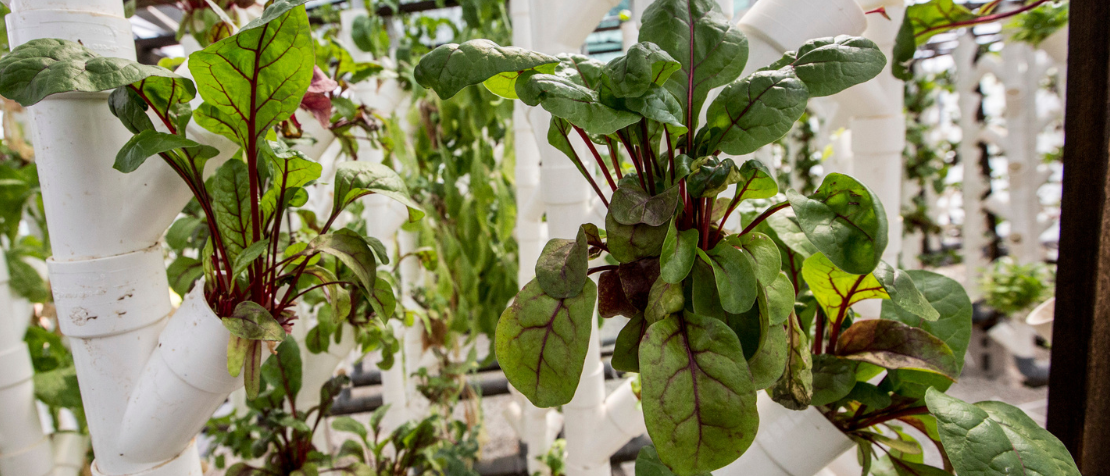Closing the loop: building a zero-waste food system

©FAO/Riccardo De Luca
Our food travels a long, complex path before it gets to our tables, and each step adds to its climate impact. Food processing and packaging, together with transport and food loss and waste, place the food supply chain at the top of global greenhouse gas emitters.
Additionally, this extractive and polluting food production and distribution model leads to volatile prices, unreliable supplies, and mountains of waste. It undermines food security and economic development and exacerbates climate change. With the rapidly growing global population, the world is facing a tremendous challenge.
For the second time, the International Day of Zero Waste (30 March) is shedding light on sustainable consumption and production patterns, raising awareness about how zero-waste initiatives contribute to the advancement of the 2030 Agenda for Sustainable Development.
A paradigm shift
The answer lies in a fundamental shift towards a circular food system. This means designing processes that minimize waste and maximize resource use across the entire food value chain.
Food value chain actors and entrepreneurs play an important role in driving this change. By developing innovative solutions and business models and educating consumers about food waste reduction, they can help build a more sustainable food system for the future.
This requires the collaboration of food system actors at all levels and stages of the food value chain – production, processing, distribution and consumption.
Circular approach in action
The circular approach closes the loop, reducing reliance on external inputs and minimizing waste and pollution throughout the food production and consumption cycle. It allows for the extraction of maximum value from food products throughout their life cycles.
The transition to a circular food economy presents a compelling opportunity for both producers and consumers.
Farmers and food processors can reduce food waste and environmental impact by employing regenerative practices, optimizing production processes and building new business models. They can also find new uses for materials traditionally considered waste, like turning leftover produce into compost or bioenergy or using it as animal feed.
The BioDAF project of the Food and Agriculture Organization of the United Nations (FAO), for example, has set up a farm school for the production of black soldier fly larvae. The larvae feed on organic waste and thereby reduce food waste. The dried larvae are used as animal feed in agriculture, and the frass can be turned into organic fertilizer.
Companies also can upcycle food by-products into new products, such milk alternatives and nut spreads produced from unused fruit pits, or soups and jams made with surplus vegetables and fruits.
These efforts not only benefit the environment but can also create new revenue streams.
Food waste management platforms connect suppliers and retailers with hospitality and food service operators, recycling businesses and food banks to repurpose unsold food with as much social, financial and environmental benefit as possible.
The circular approach shortens food miles, significantly reducing the carbon footprint associated with food transportation. Local sourcing strengthens the connections among consumers and farmers, empowering consumers to demand sustainable food production practices. Online farmers’ markets enable the selling of fresh and sustainably grown produce directly to consumers. Additionally, cities that rely on local producers build a more resilient food supply chain.
Food banks also play a vital role in redistributing surplus food, ensuring access to nutritious diets for all. With the support of FAO, the parliaments of Georgia and the Republic of Moldova have introduced regulations mandating the reduction of food loss and waste and encouraging businesses to donate surplus food to charitable organizations.
Sound policies and incentives should create a conducive environment and eliminate the barriers preventing businesses from adopting circular economy principles and investing in solutions and technologies that contribute to food loss and waste reduction.
The International Day of Zero Waste reminds us of the need for action at all levels and collaboration among diverse actors. Working together, we can create a transformative shift towards a more resilient and sustainable food system that ensures a better future for generations to come.
